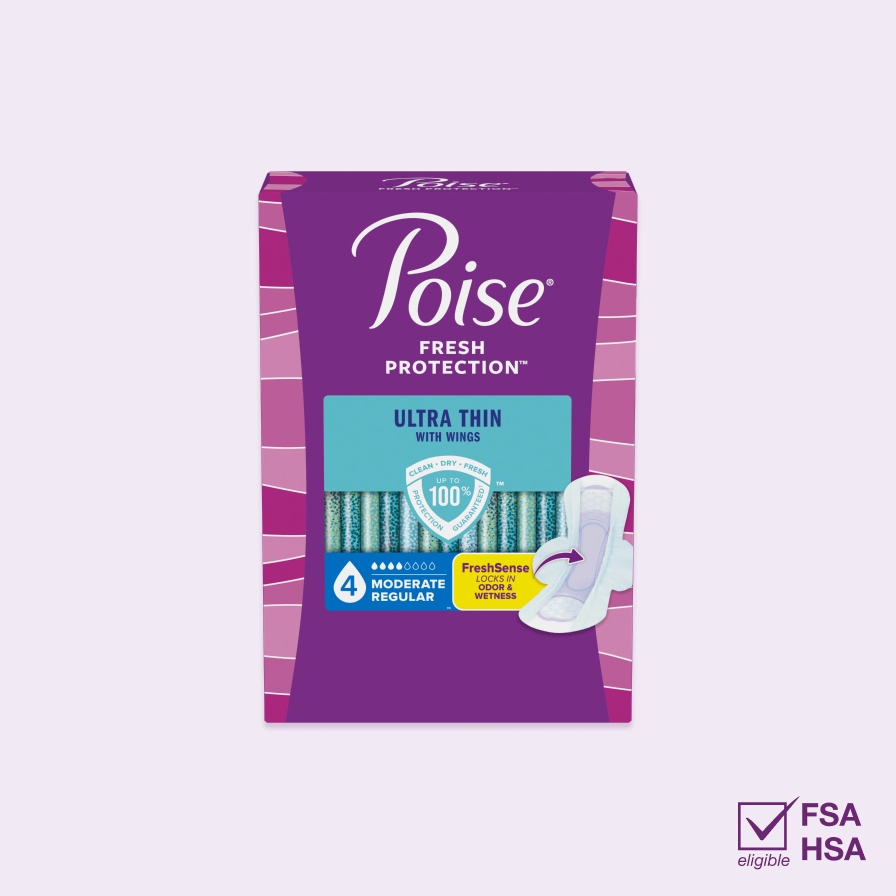Getting Enough Vitamins and Minerals: Do You Need Supplements?
Getting Enough Vitamins and Minerals: Do You Need Supplements?
Formats the Html codes.FormatFix the Html to be XHtml compliantFix Write Validate that the text is XHtml compliant.Validate ProofingStare at the supplement shelf long enough ? trying to guess which bottle, if any, can help you cope with mood and energy swings, insomnia, or menopause symptoms ? and you may need a pain reliever to cure the headache you'll get.
Chances are you are among the 60% of Americans who take a multi-vitamin/multi-mineral supplement (or multi) on a regular basis. Most women, however, don't really know if it works for them, or even if it contains all the ingredients the nutritional label reflects.
There are certainly many well-supported reasons for this confusion, says Tod Cooperman, MD, president of www.consumerlab.com. For starters, the Daily Values (DV) on labels are outdated from 1968 and don't match the latest Recommended Daily Allowances (RDAs), he says. Labels don't inform you if exceed the Upper Intake Limit (UL), and labels are not always written properly and clearly.
In addition, a person's needs vary depending on their diet, and people have a hard time knowing the nutritional composition of their diet. And of course, as Consumer Labs has shown, some brands mislabel the amounts of nutrients they provide, says Cooperman.
First Step - Before you go multi-vitamin shopping, ask yourself if you really need one.
It depends on what you're getting from your diet already, says Cooperman. If you're not eating well, then you may consider a supplementation. However, there is no evidence that a multi-vitamin will improve your life and increase life span, unless you have a deficiency.
Debunked Myths. If you feel you may benefit from a multi-vitamin, the next step is to understand the facts, myths, and questions about supplements. Here is a look at the top myths:
Myth # 1: One size fits all.
There is a reason you see multivitamins marketed to specific ages and genders, and by health concerns. However, beware that while experts may suggest taking a multi, the majority of them do not offer the same recommendation when supplements have herbs and other components added that are not considered vitamins or minerals.
Cooperman says it is important to stick to what's right for age and gender: You don't want a child to take his or her mom's multi. Similarly, men and women have different needs for iron and other minerals.
On this regard, Deborah R. Wagner, Ph.D, author of the Fifth Decade: Is it Just My life or Is it Perimenopause?, states that although the new trend for managing perimenopause focuses on whole body health like body therapies, diet, elimination of harmful habits, and bio-identical hormones, among other treatments, there are some supplements that may alleviate some of the most common perimenopausal symptoms'such as hot flashes, stress, anxiety, depression, and low libido.
Phytoestrogens and bioidentical hormones are beneficial for all perimenopausal symptoms because they foster hormonal balance rather than targeting specific symptoms, says Wagner.
For women who have specific difficulties they can try the following remedies:
- Hot flashes: Evening primrose oil, vitamin E
- Stress and anxiety: Magnesium, B vitamins (particularly B-6), Omega 3- fatty acids; additionally, studies show that under chronic stress, vitamin C levels may be harmed
- Insomnia: Melatonin
- Bone mass support: Calcium and Vitamin D
But before you pop any pill, first consult with your physician about your needs. Some studies have linked vitamin-E supplement intake to heart disease, so first try to get your E from food sources, such as almonds, peanuts, sunflower seeds, flaxseeds, and olive oil.
Myth #2: More is better.
Susan B. Dopart, MS, RD, C.D.E, author of A Recipe for Life, says the water-soluble vitamins (B-complex and C) cannot be stored in the body, so they need to be replenished. Your body will use what it needs while fat-soluble vitamins (A, D, E, K) are not eliminated by the body when ingested in large quantities, but instead are stored in the liver and fat tissue.
However, there are some water soluble vitamins that do have certain side effects. It's also important to know which ones interact with certain drugs, writes Dopart in her book.
Some of the most popular vitamins can bring more harm than good, Cooperman points out. These include:
a) Vitamin A: It's easy to go over the limit. Even products still marked as providing 100% of the DV may be higher than upper limits for younger children. It can cause bone weakening and other types of toxicity.
b) Folic Acid: You don't want to get too much. It's important to get the basic amount, which is 400 mcg per day (imperative for pregnant women 800 mcg). Yet, you don't want to go over 1,000 mcg, especially for men as it may increase the risk of prostate cancer. Eating a lot of fortified foods and beverages can easily cause you to exceed this amount.
c) Vitamin C: Too much (more than 2,000 mg for adults) can cause diarrhea.
d) Vitamin D: You do not need to push the limits (more than 4,000 IU for adults) unless it's medically necessarily.
e) Calcium: 1,000-1,200 mg'no more than 800 mg a day from supplements. Keep in mind that you cannot absorb more than 500 mg at a time.
Myth #3: If it's a supplement sold in a drugstore, it should be safe.
Cooperman says, Claims on most supplements are not verified by anyone other than the manufacturer and sometimes they are not even checking. We find that one-quarter of the supplements we test don't provide what they claim or have other problems with their quality.
Myth #4: Supplements in liquid form are better than tablets.
According to Tod Cooperman, MD, president of www.consumerlab.com, the form of multi usually does not matter. You can do your own test on tablets at home. Put tablets in warm vinegar swish it around keep it warm for 30-45 minutes. Most of the pills should break apart. If they don't, the product may not be delivering what it promises, he says. This test is only for regular pills, not for chewables, time-release, or enteric-coated pills.
When you buy them, check the best-by date to make sure you use the content of the bottle by the expiration date. It is best to store the bottle in a cool, dry place away from sun. However, fish oil/probiotic should be refrigerated.
Susan B. Dopart, MS, RD, C.D.E, author of the book A Recipe for Life, also advises not to pay attention to natural and synthetic claims. If a vitamin supplement was truly natural, it would cost so much than no one could afford to buy it, she says.
Myth #5: Higher price equals higher quality.
Price does not necessarily correspond with quality. Some good quality vitamins and minerals are inexpensive. There is usually no reason to spend a lot, says Cooperman.
In fact, in a recent report from www.consumerlab.com, some of the lowest cost-approved supplements by category were:
General Adult: Nature's way Alive! Daily Energy Multi-Vitamin Multi Mineral (12 cents per day)
Senior women's: Nature Made Multi for Her 50 (12 cents per day)
Myth #6: Supplements only work when they're taken daily.
Dopart says, You do not have to meet the Recommended Daily Allowance (RDA) for every vitamin and mineral every day. Look at what you eat over the course of the week and see if you might be lacking in a particular nutritional area.
Myth #7: You should take your vitamins at the same time every day so you don't forget.
It's not when you take your multi that matters most but how you take it. Here are general recommendations when popping your multi:
- Do not take calcium with other minerals since it will overpower the other minerals, in terms of absorption.
- Drink plenty of water when taking calcium to avoid any constipation side effect.
- Excess of vitamin C (more than 1,000 mg) can lead to an increased risk for kidney stones, as does excess calcium.
- Vitamin C will increase the absorption of iron found in plant-based foods nuts, grain and vegetables while calcium, chocolate, coffee, tea, and antacids can decrease the absorption of iron.
- Take Vitamin D with a large meal. Studies show this increases the absorption of the fat-soluble vitamin.
- Calcium and iron/vitamin C can all interfere with prescription medications.
.
Many people still believe that popping a multi will replenish low energy. In this regard, Dopart says that when lacking of energy is the problem, it usually means you need to improve your macronutrient intake carbohydrates, protein, and fat rather than ingesting more micronutrients like vitamins and minerals.
Recommended Products
Absorbency Level
Absorbency Level














